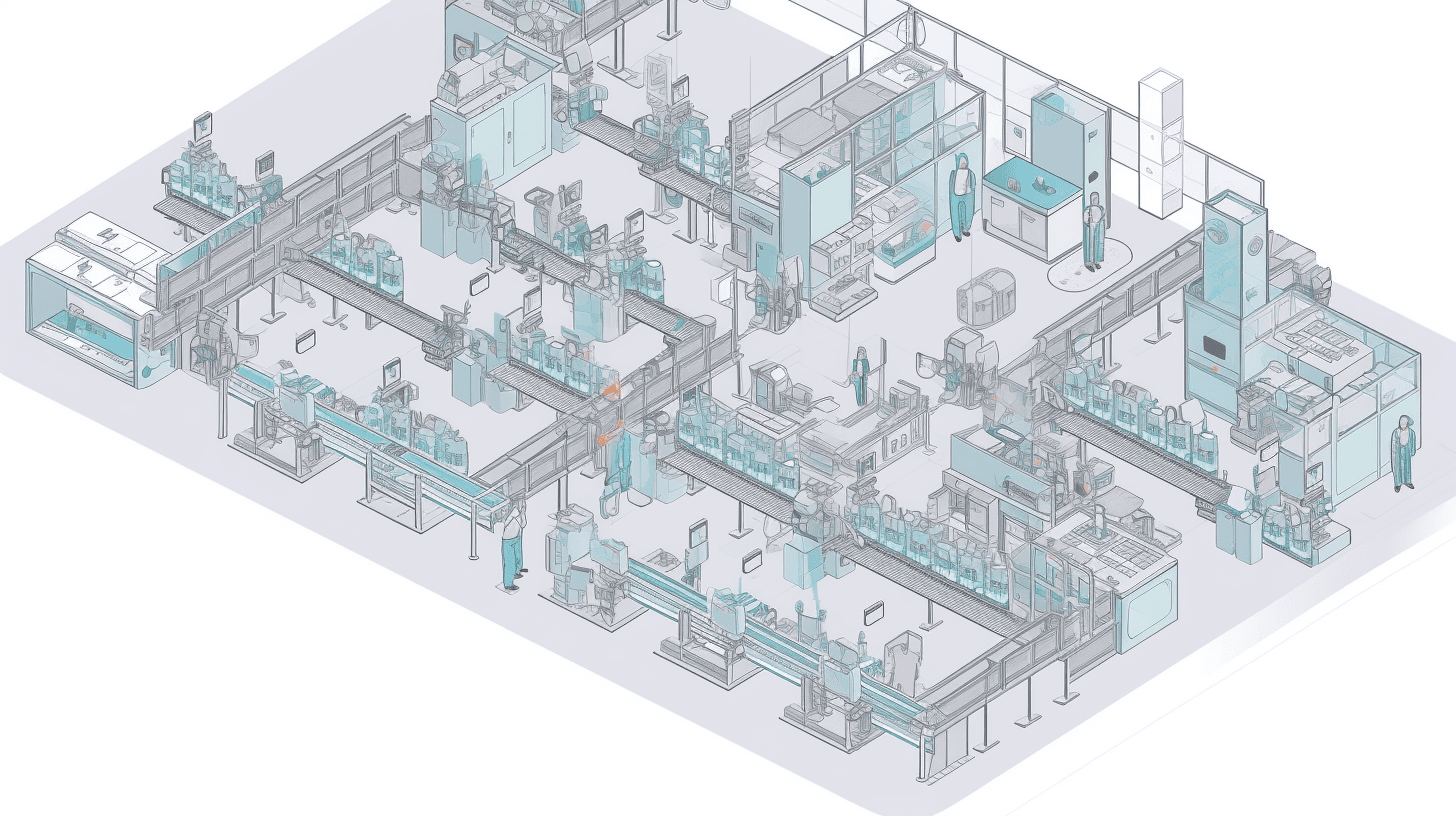When venturing into the world of industrial automation, one of the first questions that comes to mind is, "How much does an industrial robot cost?" While it may be tempting to seek a straightforward answer, the truth is that the cost of an industrial robot varies significantly depending on several factors. In this blog post, we'll explore the key elements that influence industrial robot pricing and provide you with a better understanding of the costs involved.
Factors Influencing Industrial Robot Cost
Type of Robot
There are various types of industrial robots, and each comes with a different price tag. Some common types include:
- Articulated robots
- SCARA robots
- Delta robots
- Cartesian robots
The type of robot you choose will depend on your specific application and requirements.
Payload Capacity
The payload capacity of a robot – its ability to carry a certain weight – is another factor that affects the cost. Higher payload capacities generally translate to higher costs.
Reach and Degrees of Freedom
The reach (the working area the robot can cover) and the degrees of freedom (the number of independent movements a robot can make) also impact the overall cost. A robot with a larger reach and more degrees of freedom will typically be more expensive.
Complexity of the Application
The complexity of the application you intend to use the robot for will affect the cost. More complex applications may require additional features or customization, which can drive up the price.
Brand and Quality
The reputation and quality of the manufacturer play a role in determining the cost of an industrial robot. Well-established brands, such as KUKA Robotics, FANUC Corporation, and Universal Robots (Teradyne), may command higher prices due to their proven track record and advanced technologies.
Additional Costs to Consider
When calculating the total cost of an industrial robot, it's essential to consider additional expenses, such as:
- Integration and installation
- Training and programming
- Maintenance and spare parts
- End-of-arm tooling
The Bottom Line
While it's difficult to pinpoint an exact price for an industrial robot, a rough estimate for a new robot system ranges from $50,000 to $250,000. Keep in mind that this is only a rough estimate, and the actual cost will vary based on the factors discussed in this article.
In conclusion, understanding the factors that influence the cost of an industrial robot can help you make a more informed decision when investing in automation solutions. By considering the type of robot, payload capacity, reach, degrees of freedom, complexity of the application, brand reputation, and additional costs, you can better estimate the total cost of ownership and make the right choice for your business.
Looking for Affordable Alternatives?
If the cost of a new industrial robot seems daunting, there are alternatives to consider:
Used or Refurbished Robots
Purchasing a used or refurbished robot can be a cost-effective option. Many reputable suppliers offer high-quality, refurbished robots with warranties, which can provide significant savings compared to buying new.
Collaborative Robots (Cobots)
Collaborative robots, or cobots, are designed to work alongside humans, making them a more affordable and versatile option. Companies such as Universal Robots (Teradyne) and Doosan Robotics offer a range of cobot solutions that may fit your budget and needs.
Leasing or Renting Robots
Leasing or renting an industrial robot can be a viable solution for companies with limited budgets or short-term needs. This option allows you to access the latest technology without the upfront costs associated with purchasing a new robot.
Remember that investing in an industrial robot is a long-term decision that can significantly impact your business's productivity, efficiency, and competitiveness. It's essential to carefully consider your options and weigh the costs and benefits before making a decision.
